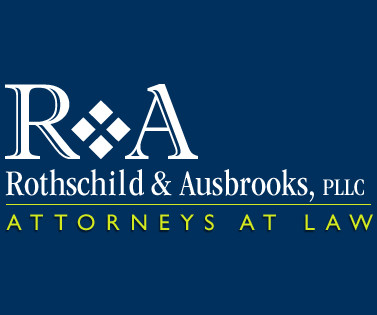Debt Consolidation vs Bankruptcy: Which is Better?
Sawin & Shea
MARCH 6, 2024
Two of the most common options for dealing with unmanageable debt are filing for bankruptcy and pursuing debt consolidation. Bankruptcy and debt consolidation are distinct solutions, each with advantages and potential drawbacks. However, it’s important to remember that this does not eliminate debt.


















Let's personalize your content